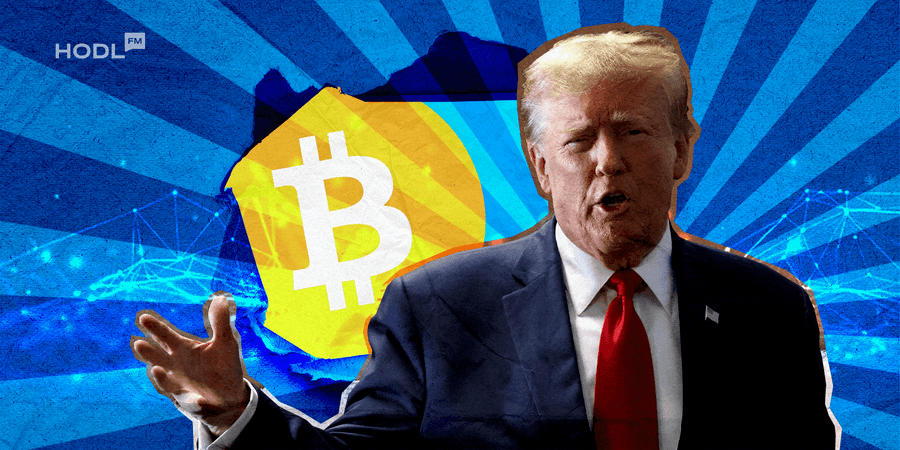Japan’s financial regulators are preparing to outlaw crypto insider trading in a sweeping legislative reform that could make the country one of the first major economies to codify digital‑asset trading abuses as financial crimes.
The Financial Services Agency (FSA) plans to amend the Financial Instruments and Exchange Act (FIEA) to extend securities‑style rules to cryptocurrencies, empowering the Securities and Exchange Surveillance Commission (SESC) to investigate suspicious transactions, issue surcharge recommendations, and refer criminal cases where trades rely on undisclosed information, according to reporting from The Nikkei.
Officials aim to finalize the framework by the end of this year and submit it for parliamentary approval in 2026, marking a turning point in Japan’s approach to digital markets.
Until now, insider‑trading prohibitions have not applied to digital assets. Oversight of market conduct relied largely on self‑regulation by crypto exchanges and industry associations, leaving enforcement gaps as tokens became increasingly integrated with traditional finance.
A shift toward global standards
Japan’s amendment would establish explicit prohibitions on using non‑public information to trade cryptocurrencies, closing a loophole that regulators see as increasingly untenable. The move mirrors the country’s broader attempt to position its financial governance at the center of global digital‑asset regulation.
Policy analysts say such clarity could reshape how major jurisdictions define market integrity. “Japan’s move shows it is choosing legislative clarity over case‑by‑case improvisation,” said John Park, head of Korea at the Arbitrum Foundation, adding that empowering the SESC with securities‑style tools “creates gravitational pull” for international compliance teams to standardize around similar frameworks.
Cessiah Lopez, head of policy and research at Superteam UK, said Japan’s reform could “add pressure for a clearer federal framework” in the United States, which she characterized as taking a “case‑by‑case” enforcement approach to insider trading in crypto.
“Insider trading erodes the integrity of our international financial systems and contributes to the subversion of the crypto community's belief in democratizing access to wealth,” Lopez said. “Any move that helps harmonize the protection against it on a global scale should be welcomed.”
Challenges and competitive convergence
Defining insider information for crypto remains complex. Unlike traditional securities, many digital tokens lack identifiable issuers, which complicates determining who qualifies as an “insider.” Regulators are expected to craft precise definitions before the bill’s submission.
Observers predict that Japan’s initiative, alongside the European Union’s Markets in Crypto‑Assets (MiCA) framework, could catalyze what some call a “clarity bloc”, jurisdictions where institutional investors can navigate consistent rules even without full alignment.
Sam Seo, chairman of the Kaia DLT Foundation, noted that Japan’s move “makes it politically straightforward” for other regions “to treat insider trading in tokens as a crime, not a grey area.”
Such legal clarity, he added, “could benefit those who focus on utility and create liability for those who trade on confidential information. Integrity is now a baseline requirement.”
A Historic pivot for Japan’s crypto market
Japan, home to early crypto landmarks like Mt. Gox, has long been among the world’s most regulated digital‑asset markets. The collapse of the exchange in 2014 led to years of restitution efforts and triggered the creation of some of the earliest national crypto frameworks.
This new measure would take those rules further, embedding crypto‑market conduct inside Japan’s formal securities law structure. If enacted, it could serve as a reference model for global regulators seeking to balance innovation with investor protection in the next phase of digital finance.

Disclaimer: All materials on this site are for informational purposes only. None of the material should be interpreted as investment advice. Please note that despite the nature of much of the material created and hosted on this website, HODL FM is not a financial reference resource, and the opinions of authors and other contributors are their own and should not be taken as financial advice. If you require advice. HODL FM strongly recommends contacting a qualified industry professional.





